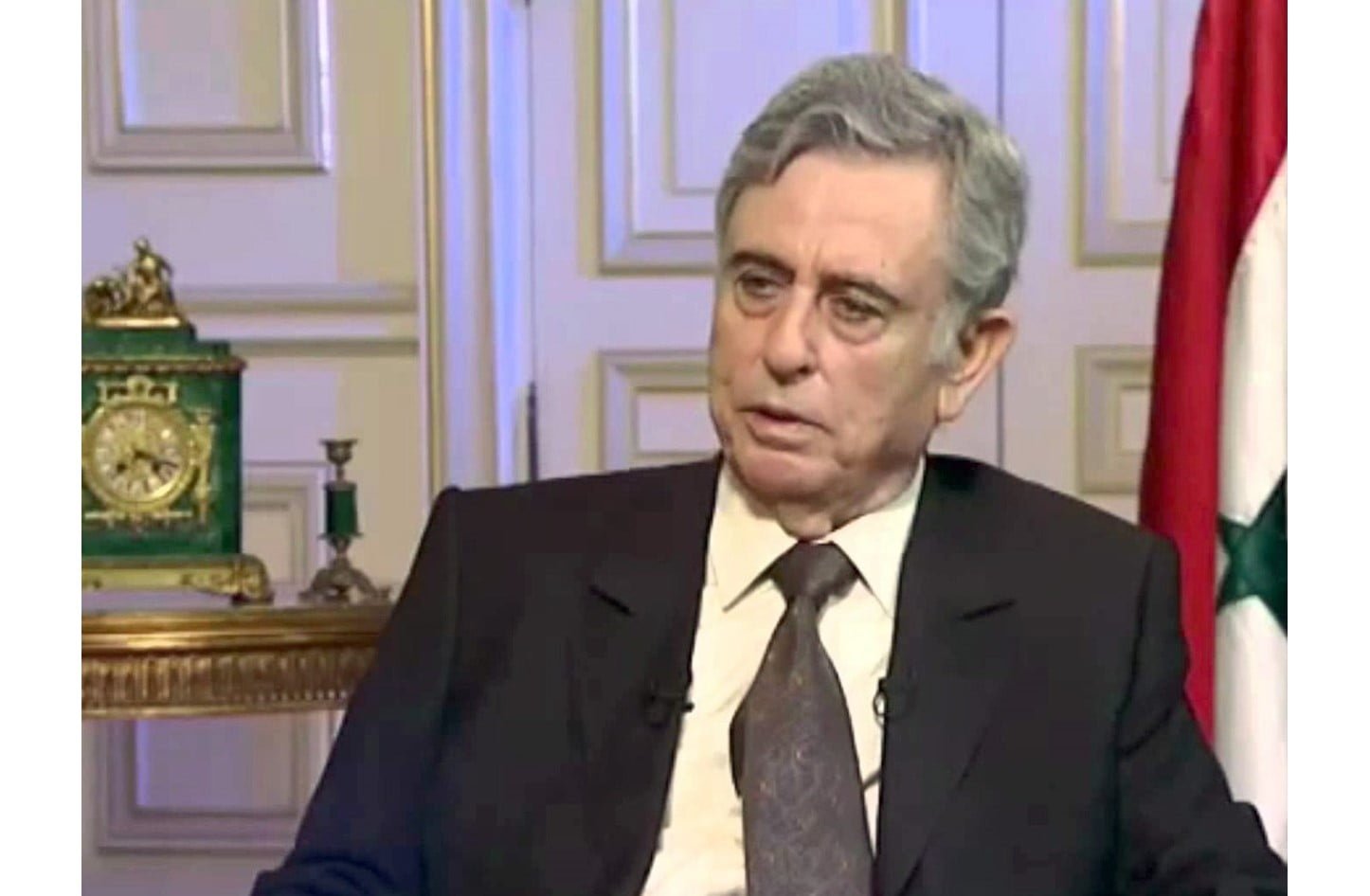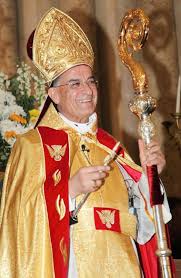Former Syrian Vice President Abdel Halim Khaddam defended the idea of military intervention in Syria, similar to what happened in Libya, to overthrow President Bashar al-Assad’s regime, considering that “military intervention does not mean occupation.”
Khaddam stated in a message to “Syria’s revolutionaries,” criticizing some factions of the Syrian opposition: “Some voices are calling for sending international observers instead of military intervention, as a way to cover up their defeatist positions.” He added, “Such calls cannot bring down this regime. Imagine if the Libyan opposition had not called for international military intervention, what would Muammar Gaddafi have done in the Libyan revolution, and what would have happened to the Libyan people?”
Khaddam pointed out that military intervention does not mean occupation; the era of colonization has passed. Instead, it means assisting people in getting rid of their oppressive and corrupt regimes.
In his message, he urged the Syrian youth to unite and understand their great historical responsibility in saving Syria, writing its future, and to disregard the voices of opposition figures living in safety and stability with their families, managing their interests while rejecting international intervention to protect the Syrian people, stop the massacres, and enable the Syrians to overthrow the regime.
He stated, “Because these opposition figures are not the ones being slaughtered, and it is not their oppressed and displaced families, and it is not their children who are being arrested and tortured. It is you who bear the burden of the struggle for the liberation of Syria and the preservation of the dignity of the Syrian people.”
Khaddam criticized the ongoing attempts among some factions of the Syrian opposition abroad to create a transitional council similar to the National Transitional Council in Libya.
He said that the call for transitional councils is an attempt by some opposition factions “to exploit the blood of martyrs and the suffering of Syrians to achieve opportunistic gains and ride the wave of the revolution.”
He added, “With the support of the revolution in Libya, a transitional council was formed, but where is it? And who formed it? It was formed on Libyan soil and by the Libyan revolutionaries themselves, not abroad or by opposition figures abroad.”
Khaddam continued, “I call on these opposition figures, instead of wasting time with councils and conferences, to form a unified front abroad to support the revolution politically, in the media, and financially. Solutions are not found in councils but rather in a front that includes all opposition parties truly believing in the fall of the regime and the accountability of its symbols.”




